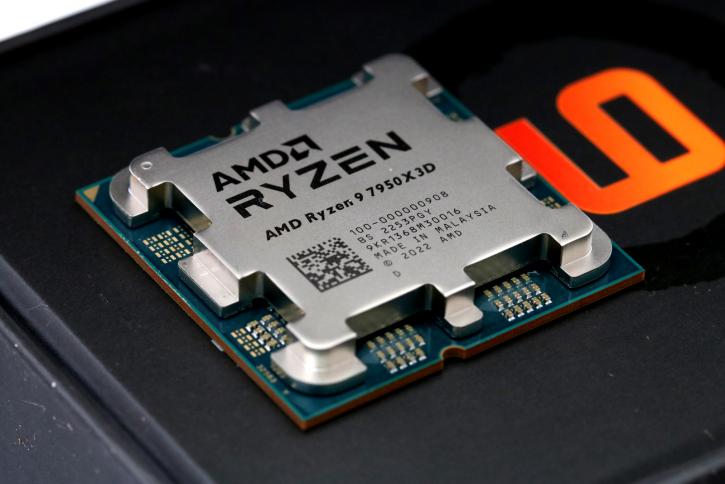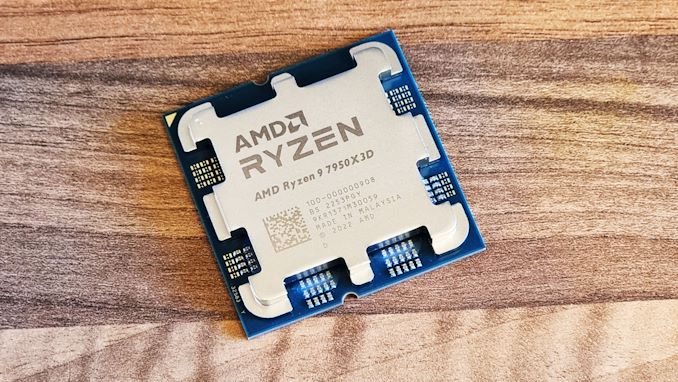Rootax
Veteran
An AMD representative confirmed it in a video for pcworld. ccd with vcache => lower speed, without vcache => high speed. He explained that they worked with MS so Windows scheduler would know what apps need top speed or more cache (I don't believe it but that's what they said). I can't find the video anymore :/Why is this a given? It's not confirmed at least.
While the vcache die is obviously more power limited and thus more limited on all-core clocks, that should not affect the max boost clock, and the cores should be pretty decoupled from the L3 anyway.


